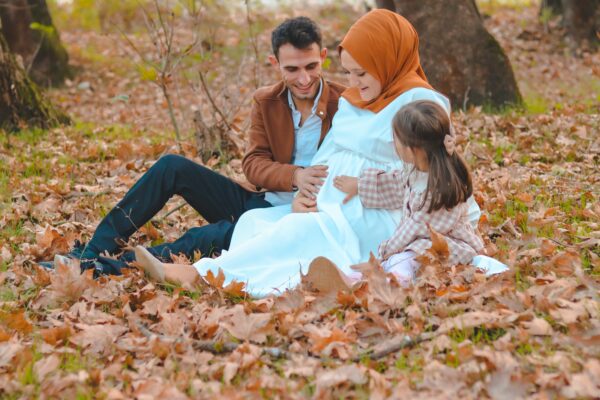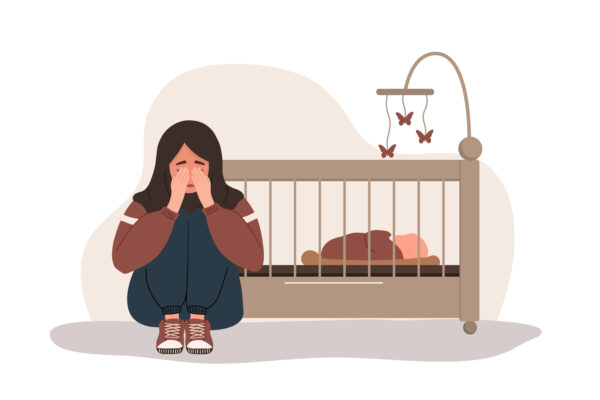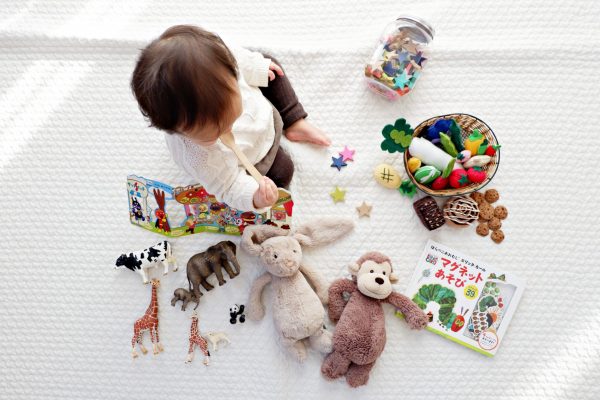The support that Khadija gave to the Muslim community in Makka, was indispensable for the survival of Islam.
The support that Khadija gave to the Muslim community in Makka, was indispensable for the survival of Islam.
Before Islam, Khadija was the Princess of Makka. When the sun of Islam rose above the horizon, Allah was pleased to make her the Princess of Islam also. Allah was also pleased to make her the Mother of the Believers, as He says in His Book:
“The Prophet is closer to the believers than their own selves, and his wives are their mothers.” (Chapter 33; verse 6)
She gave the sacred love which a mother alone can give, to the believers. A mother may be hungry but if her children are hungry, she will feed them first. In fact, if necessary – in an exigency – she will feed her children her own share of food and will gladly go hungry. This has happened on countless occasions in history, especially during wars and famines. The fact that her children are well-fed and contented, is enough to make a mother happy and contented, and is enough to make her forget her own hunger and thirst. A mother’s love is unconditional; it is all-protective, all-enveloping.
Most of the Muslims of Makka were poor. They had no source of income, and they had no means of making a living in a city the economic life of which was controlled by a cartel of idolaters. The members of the cartel had decreed that no one would pay a Muslim any wages for any work done by him, and no one would buy anything from him. They knew that material privation affected the body as well as the spirit, and they figured that when the resistance of the Muslims breaks down through economic attrition, they would repudiate Islam, and they would abandon Muhammad. A concurrent aim of this policy was to starve the Muslims. But Khadija fed the poor Muslims, day after day, so that no one among them ever went hungry and she provided shelter to them. For her, charity was nothing new but the size and scope of the commitment was; she spent money prodigiously on the poor and the homeless Muslims of Makka, and thus foiled the aims of the cartel.
The support that Khadija gave to the Muslim community in Makka, was indispensable for the survival of Islam. Her support to the Muslim community guaranteed its survival when it was in a state of blockade. In this sense, she was a maker of history -the history of Islam.
All wives of Muhammad Mustafa, the Messenger of Allah, are the Mothers of Believers; but between them and Khadija there is a basic difference. All the women he married in Medina, received a stipend from the Bayt-ul-Mal (the Public Treasury). Some of them claimed special prerogatives, and demanded “perks” from him. They said that the stipend paid to them was insufficient for their needs, and they could not buy enough food to eat from it.
Khadija, on the other hand, never asked her husband for anything. Far from asking him to bring anything for her, she made her own purse a public treasury for the Muslims. In Makka there was no Bayt-ul-Mal, and it was the boundless generosity and the seemingly unlimited wealth of Khadija that saved the Community of the Faithful from starving. She was so solicitous of the welfare of the followers of her husband that she didn’t withhold even the last coin that was in her possession, and spent it on them.
Dr. Sir Muhammad Iqbal (d. 1938) says that as a creator, a mother ranks next only to God Himself. She brings new life into the world, i.e. she creates; and that act – the act of bringing new life into the world or the act of creating, calls for sacrifice. In bringing new life into the world, a mother risks her own life. She therefore merits the greatest honour and respect. What makes her willing to sacrifice her life is love – the love of her child. Her love for her child is the most sacrosanct love. In sanctity, a mother’s love for her child ranks second only to the love of God Himself.
Khadija was the proud mother of three children – two boys and a girl. The two boys – Qasim and Abdullah – were still infants when they died. Her last and the only surviving child was her daughter, Fatima.
If Khadija was the ideal mother, Fatima was the ideal daughter.
Fatima, the ideal daughter of Muhammad and Khadija, also became the ideal mother. She was the mother of two boys – Hasan and Husain – and two girls – Zaynab and Umm Kulthum.
Khadija and Fatima – the mother and daughter – were two of the only four perfect women in the world. Both of them made motherhood sacrosanct. They brought glory and honour to motherhood.
Women had no status in pre-Islamic Arabia. In the male-dominated Arab society they were ruthlessly exploited and were treated like cattle. Muhammad, the Messenger of Allah, put an end to their exploitation by men, and gave them a status which they didn’t have in any country, at any time. About mothers, he said:
“Paradise is under the feet of one’s mother.”
This means that no one may entertain the hope of entering paradise if one has displeased one’s mother. One’s admission to paradise hinges upon one’s ability to win salvation, and no one who has displeased one’s mother, will ever win salvation.
The Prophet of Islam has thus made the winning of the pleasure of one’s mother – a woman – a condition-precedent for one to win salvation and to enter paradise.
Taken from Khadijatul Kobra, A Short Story of Her Life





